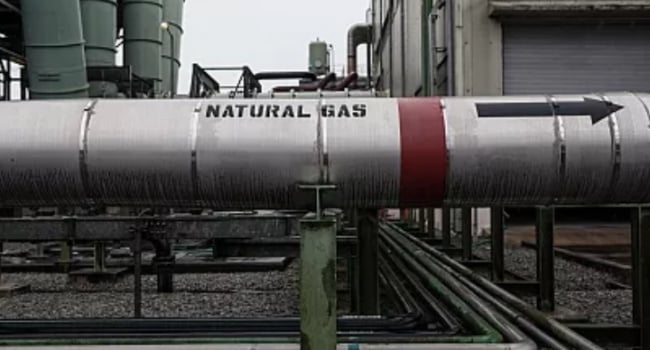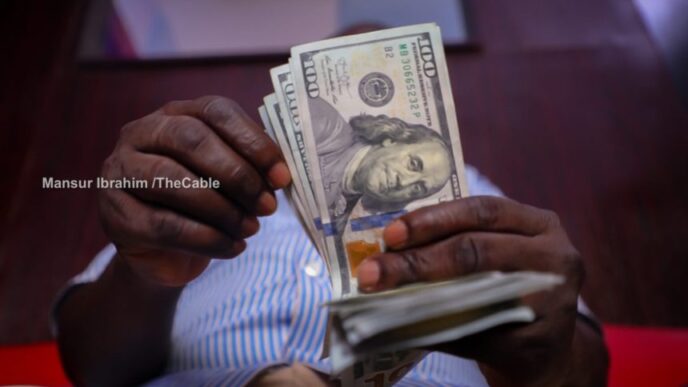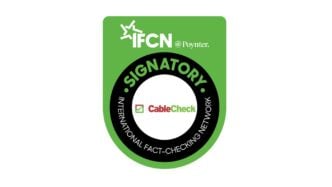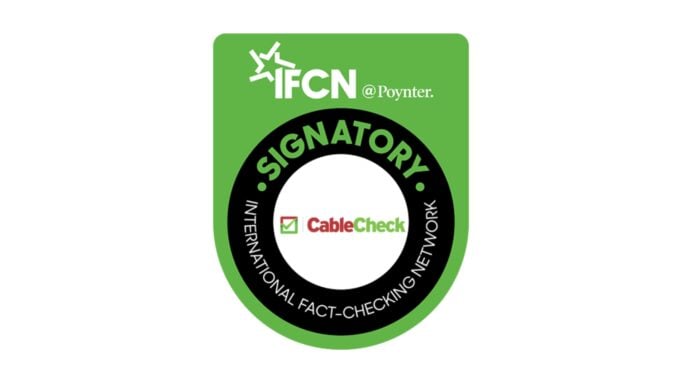Industry experts and stakeholders in the energy sector have commended President Bola Tinubu for the full-scale exemptions from import duty and value-added tax (VAT) for feed gas, liquefied petroleum gas (LPG), compressed natural gas (CNG), and associated equipment.
According to the stakeholders and industry experts, the waiver exemptions and other initiatives, like the presidential compressed natural gas initiative (PCNGI), taken by the federal government, will further boost the energy sector.
Earlier in the month, in a significant move aimed at deepening the penetration of LPG and improving affordability, the federal government announced full-scale exemptions from import duty and value-added tax (VAT) for feed gas, liquefied petroleum gas (LPG), compressed natural gas (CNG), and associated equipment.
The federal government’s approval of the exemption from payment of import duty and VAT was a result of extensive stakeholder engagements by Olu Verheijen, the special adviser to the president on energy, in close collaboration with Wale Edun, the minister of finance and co-ordinating minister of the economy, and Zacch Adedeji, executive chairman of the Federal Inland Revenue Service (FIRS).
Advertisement
These engagements started during the presidential campaign and transition by the president’s economic team, which was led by the minister of finance.
Similarly, the special adviser to the president on energy had a series of engagements with key industry stakeholders in both the LPG and the CNG sectors.
Also, the office of the special adviser to the president on energy has been at the forefront of driving key reforms to advance the presidential initiative aimed at boosting the nation’s revenue.
Advertisement
In September, Verheijen, in partnership with the Nigerian Upstream Petroleum Regulatory Commission (NUPRC), concluded a series of strategic engagements with 15 leading international and independent oil and gas companies operating in the country to boost oil and gas investments in the country.
On CNG, it would be recalled that Tinubu, in August, approved the establishment of the Presidential Compressed Natural Gas Initiative (PCNGI) to ease the impact of fuel subsidy removal on Nigerians by reducing energy costs. The initiative targets over 11,500 new CNG-enabled vehicles and 55,000 CNG conversion kits for existing PMS-dependent vehicles, while also boosting local manufacturing and job creation in line with the presidential directive.
Commenting on the CNG waivers, Verheijen stated: “The fiscal incentives on CNG are critical to the success of the PCNGI which aims to improve the adoption of alternative fuels and reduce the cost of transportation.”
Addressing the LPG sector, the move is expected to counter the recent surge in cooking gas prices. In a letter from the ministry of finance, signed by Edun, the waivers are “in line with His Excellency, President Bola Tinubu’s commitment to improving the investment climate in Nigeria, increasing the supply of LPG to meet local demand, reducing market prices and promoting clean cooking practices”.
Advertisement
Speaking further, Verheijen said: “The incentives are in line with the wider presidential gas for growth agenda as President Bola Tinubu has given a clear directive that energy security and affordability are of utmost priority.
“The federal government is actively seeking ways to enhance gas supply domestically and ensure the growth of the sector. These fiscal incentives align with President Tinubu’s commitment to improving Nigeria’s investment environment.”
Speaking on the development, Oladapo Olatunbosun, the national president of the Nigerian Association of Liquefied Petroleum Gas Marketers (NALPGAM), said the waiver exemptions will have a positive impact on the energy sector, and reduce the price of cooking gas in the country.
“Although the waiver has just been announced and it might be too early to give the specific advantages, ordinarily, it is expected that Nigerians will benefit from this because it would lead to expansion in the industry and reduce the price of cooking gas, which benefits the consumers, Nigerians,” Olatunbosun said.
Advertisement
Olatunbosun stated that when it is fully implemented, it will boost expansion because investors will be able to bring equipment into the country without hassle.
“It would improve the infrastructure in terms of storage facilities and production, and when the cost of bringing this equipment in is lower, it would also dovetail into benefits for the consumers via reduced cost of cooking gas,” he added.
Advertisement
“It would also create more jobs and employment opportunities for Nigerians, as it would give room for more players to come into the industry.”
Also, Akachukwu Nwokedi, the president of the Nigerian Gas Association (NGA), commended Tinubu’s administration for its courageous leadership in driving key policy interventions and reforms since coming into office.
Advertisement
“We also commend the proactive efforts of the special adviser to the president on energy, who has been facilitating conversations and consulting with key industry stakeholders,” Nwokedi said.
“These intentional steps are yielding positive outcomes in policy and regulatory changes, which will help attract long-term capital, deepen the domestic gas market (CNG, LPG, and LNG), and, in line with the objectives of the ‘Decade of Gas’, unlock the latent potential of natural gas as a catalyst to achieving the nation’s energy transition goals, an optimized and fit-for-purpose energy mix, and the aspirations of the president to build for Nigeria a trillion-dollar economy.”
Advertisement
Similarly, Ewah Eleri, the chairman, Clean Cooking Alliance (CCA), said the exemption from payment of import duty and value-added tax on the imports of LPG was an important first step in addressing the cooking energy challenges among Nigerian households.
“We look forward to working with the government to expand access to clean cooking for all,” Eleri said.
In the same vein, the executive council of the Nigeria Liquefied Petroleum Gas Association (NLPGA), which recently paid a courtesy visit to Verheijen at her office, commended the special adviser to the president on energy and her team for being “alert and well informed concerning the needs and challenges of the industry.”
“During our courtesy call, the special adviser informed the NLPGA delegation that she would require a detailed list of grievances and action points that needed intervention or resolution. We dutifully submitted the same to her office within a short time after consultation with our members,” Felix Ekundayo, president of the NLPGA, said.
“We received a quick acknowledgement that identified those requests that would be attended to. Everything to this point was routine, as with previous administrations. What was not routine was receiving a call from her (Verheijen) office just a few weeks later with the requisite approvals, waivers, and erasures (of retroactive tax). A number of these issues had been pending for between 3 to 6 years.”
This is a significant development, Ekundayo noted, adding that “it makes it easier for members to do business as it removes impediments and bottlenecks, which will assist the rollout of gas across the board.”
Add a comment













